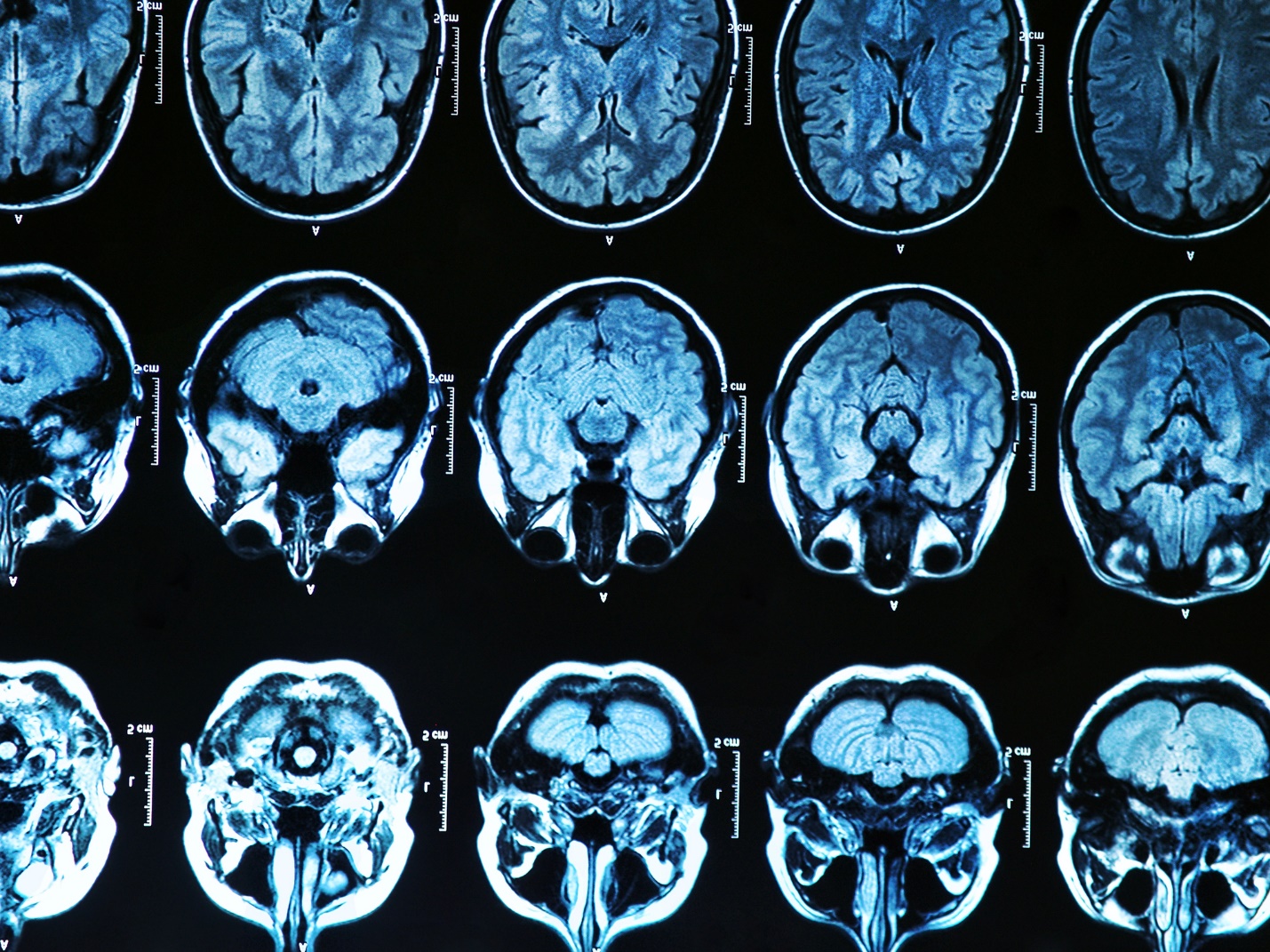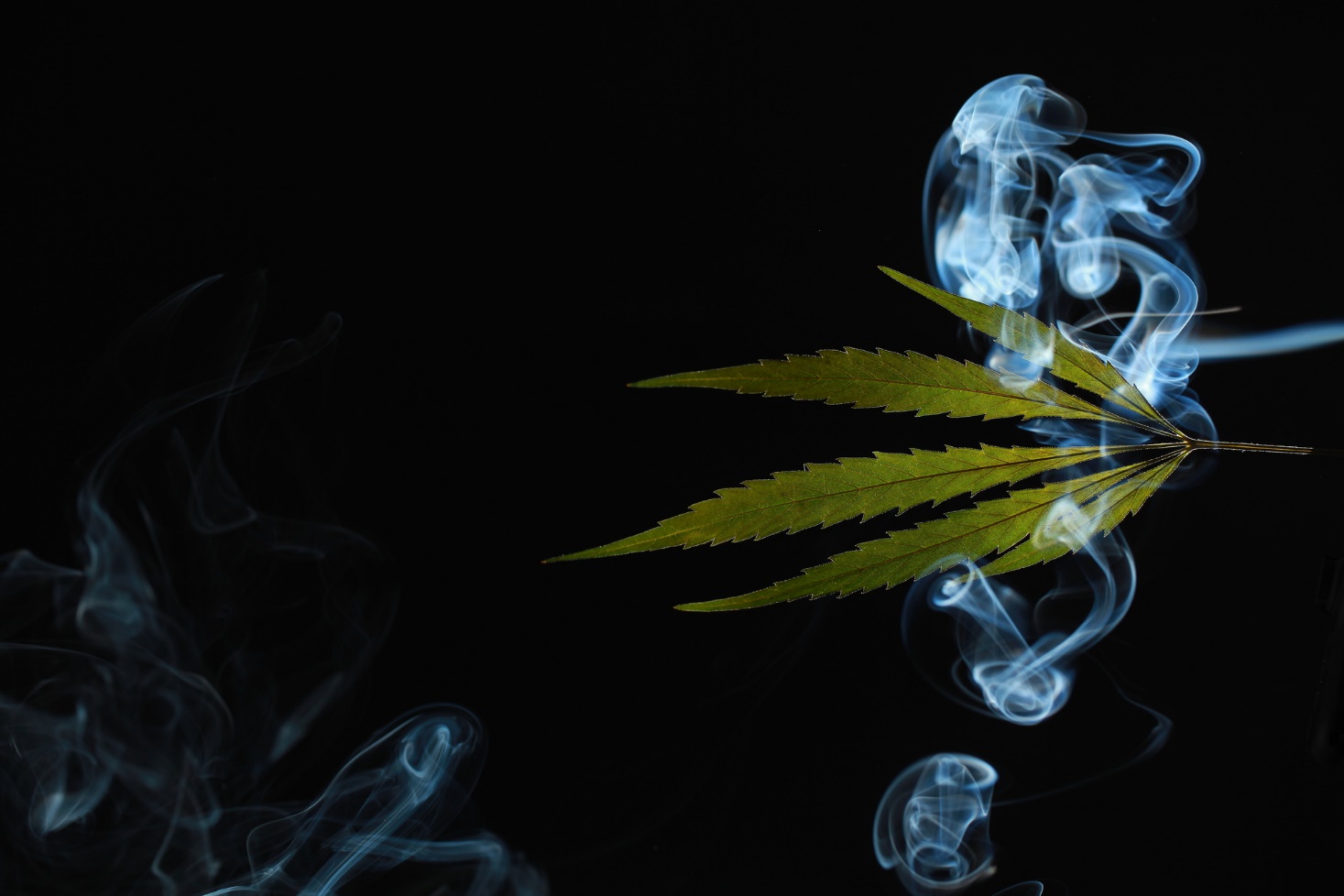BP 228

Blunt. Catnip. Mary Jane. Reefer. Pot. Weed. Herb. Magic Dragon. Grass. Bud. Joint.
Marijuana has many names. Dozens. People who enjoy it often speak of it as a harmless and wonderful addition to their lives. Some seem to speak of it as if it is an idol, maybe even a god. See some of the quotes below as examples.
“Herb is the healing of a nation, alcohol is the destruction” ~ Bob Marley
The healing of a nation? That sounds like something God does.
“The illegality of cannabis is outrageous, an impediment to full utilization of a drug which helps produce the serenity and insight, sensitivity and fellowship so desperately needed in this increasingly mad and dangerous world” ~ Carl Sagan
Fellowship so desperately needed? A chemical produces fellowship for humans? What was Carl smoking?
“The biggest killer on the planet is stress, and I still think the best medicine is and always has been cannabis” ~ Willie Nelson
Best medicine.
“Struggle is the enemy, but weed is the remedy” ~ Bob Marley
I don’t see love or relationship in that statement.
“When you smoke the herb, it reveals you to yourself” ~ Bob Marley
Sounds like a chemical substance is a mirror or a therapist.
“A Joint A Day Keeps The Bad Mood Away” ~ Many have quoted this line
Maybe we are supposed to sit with the bad mood and understand what it is saying instead of medicating it away.
How should a follower of Jesus view cannabis especially as its use is now legal for recreational use in at least twenty-one states and for medical use in thirty-seven? (I will not be addressing medicinal use in this post, by the way). Let’s take a brief look at how the use of marijuana impacts individuals in three areas, namely, physically, psychologically/behaviorally, and spiritually.
First, let’s do a quick flyover relative to what some studies have revealed about the physical impact of regular inhaling of marijuana smoke.
An article in Psychology Today posted April 5, 2021, entitled, How Marijuana Really Affects Behavior, shows that there is a positive correlation between marijuana use and the development of lung cancer since pot contains some of the same harmful chemicals as tobacco smoke. Smoking weed also harms lung tissue and can lead to acute bronchospasm and the development of chronic bronchitis. “Toking” has also been proven to compromise the immune system leading to more respiratory infections due to the irritation of the lining of the lungs.

Researchers are especially concerned about how cannabis use is affecting the developing brain in adolescents, an age group that is more vulnerable to addiction. One study–Developmental Cognitive Neuroscience, Vol. 16, 2015–showed that adolescents who used marijuana two times a day for at least three years had thicker cerebral cortices. This brain anomaly seemed to be related to lower performance on cognitive tests, most notably in the areas of memory and attention (Neuropsychology, Vol. 29, No. 6, 2015).
Looking at the psychological/behavioral impact, one study showed a positive correlation between weed use and lower educational attainment, occupational status, and income (PNAS, Vol. 118, No. 14, 2021). Academic motivation also appeared to be impacted negatively.
A longitudinal study in New Zealand also revealed that long-term cannabis use led to a poorer prognosis for later life financial wellbeing. Chronic pot smokers had lower credit scores in mid life and less money set aside for savings and investments. They also reported a higher incidence of social issues such as less social support and life satisfaction and a higher level of loneliness (The Lancet: Healthy Longevity, Vol. 3, No. 10, 2022). When they attained middle age, they were more likely to experience mental health problems and abuse additional substances. Have you ever heard about marijuana being a “gateway drug?” I’m sure you have.
Researchers at the University of Toronto found that marijuana use affected four areas: cognition, motivation, psychosocial functioning, and mental health.
First of all, negative cognitive impact manifested in memory lapses, lower attention ability, and compromised decision-making.
Secondly, although more difficult to measure, these researchers found some evidence that regular marijuana use was positively correlated with a reduced motivation to compete and work and lower interest levels in identifying and pursuing goals.
Thirdly, the data clearly shows that chronic marijuana use early in development significantly impacts high schoolers. Adolescent pot smokers attend class less regularly and demonstrate less desire to complete their homework or achieve good grades. They also will be less likely to complete high school much less a college degree.
Fourthly, chronic use of marijuana appears to lead to increased depression and anxiety and most certainly increases the risk of psychosis. Heavy users who start using marijuana early experience the highest probability of psychosis.
Let me take just a moment to describe my work as a clinical psychologist with an individual who had begun smoking marijuana at age twelve and was smoking it heavily when I worked with him at age seventeen.

This young man was sent to me by his mother because he was failing his high school classes and marginally involved in gang activities. As I met with him over the weeks, it soon came out that he was smoking weed multiple times a day. It appeared to me that he was smoking to reduce his anxiety but that the smoking induced a high level of paranoia in him. He obsessed constantly that the police would arrest him or that someone would break into his house and kill him. He also had no motivation to do academic work or to set up any goals.
Although this young man was able to establish a trusting relationship with me and while he was seeing me to reduce his marijuana use by half (which significantly lowered his paranoia and improved his motivation), he was so addicted to this substance that he could not stop smoking entirely.
As a side note, I have often referred to marijuana as the “parent drug,” i.e., it seems to be a substance many adolescents turn to when they are distance, divorced from, or angry with their parents. Instead of experiencing the comforting presence and strong guidance of a mother or father, they turn to marijuana to fill that void. The high they receive from cannabis substitutes for the love and soothing they are missing from their parent(s). A drug takes the place of a relationship.
My last focus today—and the primary one—will be on marijuana use and spirituality/relationships.
In light of the comment I made above about marijuana being the “parent drug,” I believe that marijuana use can interfere with one’s relationship with parents as well as with God. Pot can serve as a counterfeit to attempt to satisfy the gaping hole meant to be filled with love, comfort, protection, safety, and being known by someone—known on a deep level that triggers healthy stimulation of neurotransmitters in the brain.
Regular (and often heavy use) of marijuana will calm a person and fill them with elation or, at least, an artificial sense of being at peace. However, they do so at the steep cost of experiencing healthy relationships that naturally (not artificially) lead to comfort and joy and even eternal life with Jesus.

Why induce an artificial high with an herb when you can turn to God and other people for what you were made for? Why not choose the genuine filler of the heart instead of settling for the fleeting high induced in your brain by a non-relational chemical? Are people just looking for a quick fix instead of choosing to grow?
Realistically (unless God performs a miracle)—as with the teenager I met with in therapy—a person may not be able to quit marijuana cold turkey, but if you help that individual discover that relationships can be reliable, safe, loving, and faithful, then the person may be able to eventually give up a measly chemical addiction for true relationships. Just know that you may be the person that teaches them what a trusting, caring relationship looks like.
This world is all about relationships, right? This message is at the core of the Designer Therapy for Life blog.
I think it is accurate to say that a person can either be addicted to weed or pursuing relationship with God, others, and even one’s own self. Since pot is a self-soothing chemical that largely takes the place of relying on God and others for comfort and joy, it is a thief. It steals deep loving relationships and replaces them with a shallow, fleeting, chemically induced state of well-being that is a sad counterfeit for love.
Smoking marijuana regularly always has a tradeoff. You can smoke or you can love. You can toke or you can be loved. Which do you want to choose?
“Struggle is the enemy but weed is the remedy,” Bob Marley says. I totally disagree. I would say that “chemical addiction is the robber but relationship with Jesus (and other people) is the Redeemer.”
Yes, why settle for smoke when you can have fire—the fire of love and intimacy and the joy of not being alone in life? Some people settle for feeling good. Jesus wants you to not settle for feeling good in your brain but to feel joy and love in your heart. Of course, there are many in this world who don’t believe in anything beyond the material, so I guess neurotransmitter manipulation by smoke is all they have.
Christian, don’t substitute reefer for relationship, weed for the Word, or Mary Jane for Jesus Christ. Don’t choose the “parent drug” when you can actually be loved by God the Father. You may need to do some difficult work with a counselor, but the journey will be worth it.
Relationships with God and other people in this world will always be opposed. We know that from John 10:10 where it says that the thief came to steal, kill, and destroy. But don’t give up. Don’t think that marijuana is the answer to your yearning or some other counterfeit like alcohol or gambling or TV series or gratuitous sex or maybe even fantasy football. Be with others you can trust. Let them know you instead of hiding.
Always remember the old truth: You can’t give something up until you find something to take its place–something legitimate and true. This adage means two things. First, you may not be able to give up the counterfeit immediately and you’re not a bad Christian if it takes a while to win the battle. But secondly, God does have a solution for your addiction that will be better than anything marijuana could ever deliver. He will empower you to win the battle. Just don’t do it alone.

Satan wants you to settle for a substance and not genuine love. Chemical highs are easy. You don’t even have to grow to experience them. You don’t even need another person in the room. You are alone with your impersonal idol. Love, forgiveness, servanthood, humility, peace, joy, patience, self-control all come from a personal friendship with the God of the universe. These qualities can be then practiced in relationships with others. That requires hard work empowered by the Holy Spirit but you will actually grow instead of simply being medicated.
Don’t settle for a chemical you ingest but aim for a relationship you internalize. The Holy Spirit lives in you as a believer, and other people you love and trust will be taken into your heart as an abiding presence.
It may take some work to move from seeking relationship instead of smoke if you are addicted to weed, but then, Jesus came to set the prisoner free!
“What profit is an idol
when its maker has shaped it,
a metal image, a teacher of lies?
For its maker trusts in his own creation
when he makes speechless idols!” ~ Habakkuk 2:18
“I call upon you, for you will answer me, O God;
incline your ear to me; hear my words.
Wondrously show your steadfast love,
O Savior of those who seek refuge
from their adversaries at your right hand.
Keep me as the apple of your eye;
hide me in the shadow of your wings . . .” ~ Psalm 17:6-8
